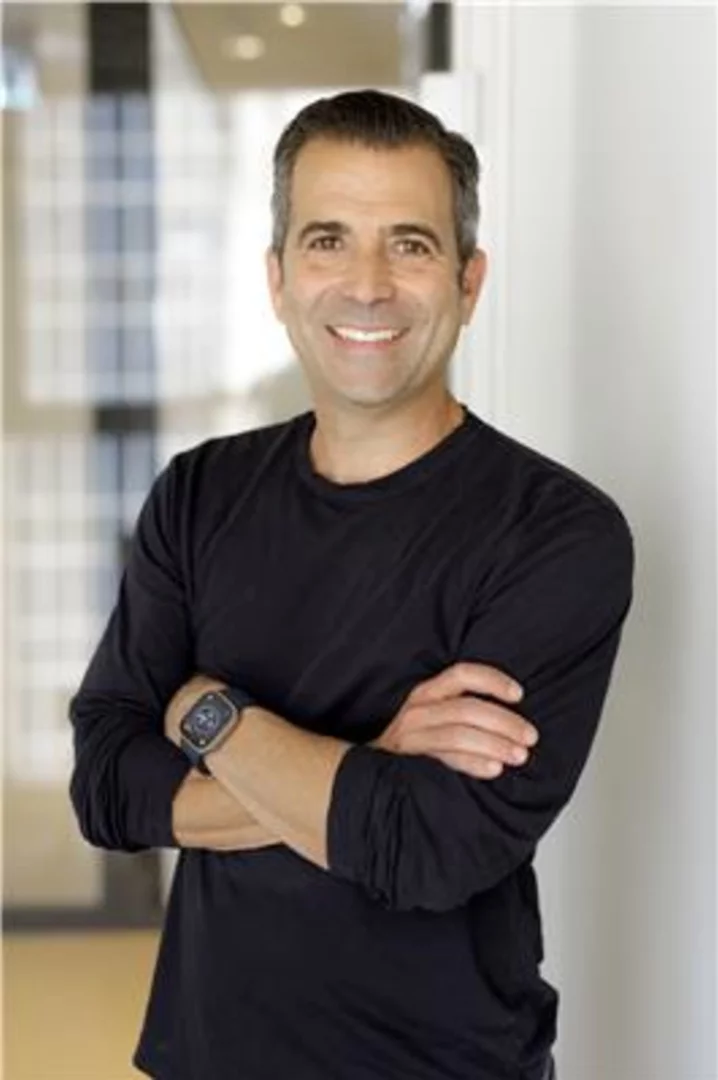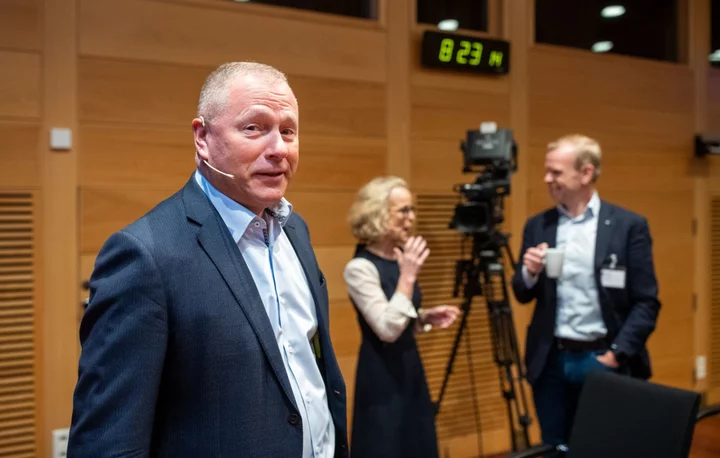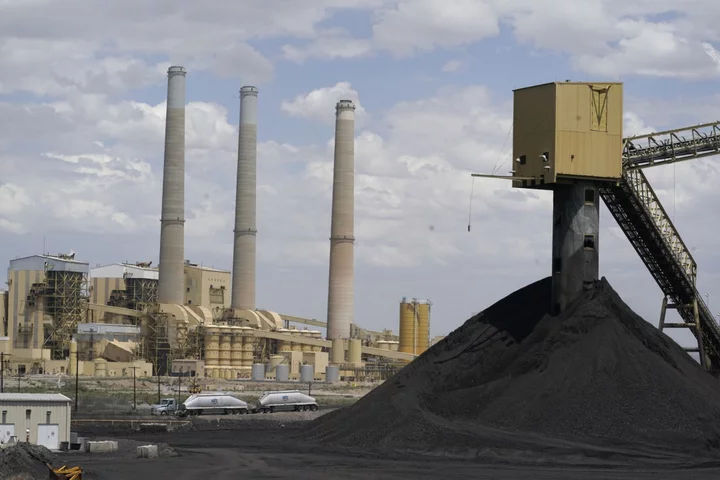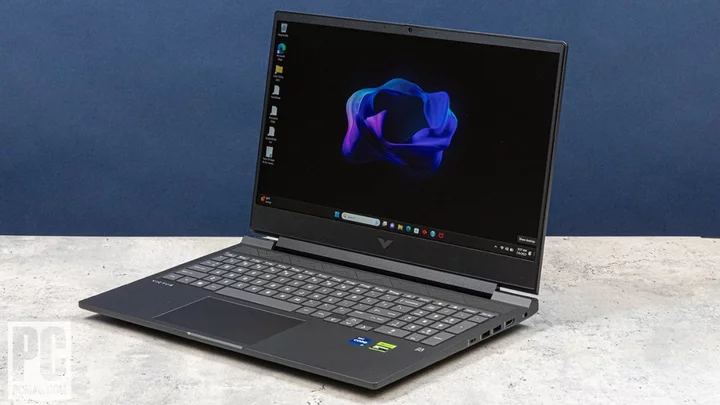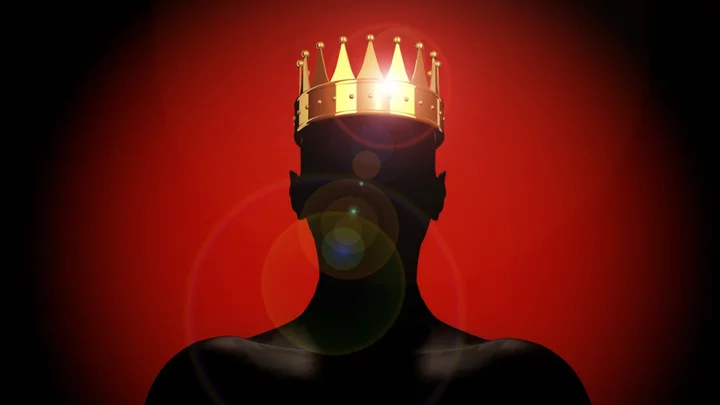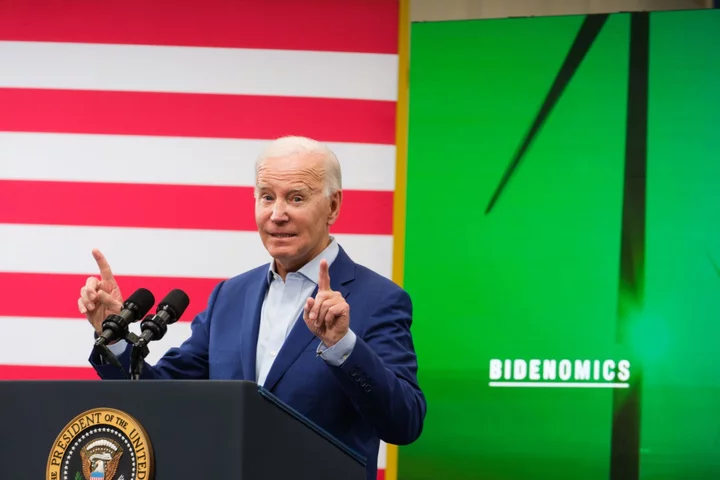A pedestrian in downtown San Francisco was found critically injured and trapped underneath a driverless car Monday night. But the company that operates the autonomous car says it's not at fault.
San Francisco Fire Department spokesperson Justin Schorr told CNN early Tuesday that the victim has multiple life-threatening injuries.
The driverless vehicle was operated by Cruise, a San Francisco-based self-driving car company and subsidiary of General Motors (GM). But the company says another vehicle was to blame for the pedestrian's injury.
"A human-driven vehicle struck a pedestrian while traveling in the lane immediately to the left of a Cruise AV," said Cruise spokesperson Navideh Forghani in a statement to CNN. "The initial impact was severe and launched the pedestrian directly in front of the AV. The AV then braked aggressively to minimize the impact." Forghani says the driver of the other vehicle fled the scene.
Schorr said representatives of the company responded to the scene of the accident "very swiftly" and have been cooperating with investigators.
"There was no driver and no passenger in the car to be able to tell us what happened," Schorr said. But he added that Cruise cars have their own cameras and collect a variety of telemetric data which may help in the investigation of the accident. "It's a very unique type of response for San Francisco," he said.
The pedestrian, who has not been named, is being treated at San Francisco General Hospital for what a Fire Department spokesperson described as "multiple life-threatening injuries." The San Francisco Police Department is investigating the accident, but has not yet commented on the cause.
"Our heartfelt concern and focus is the wellbeing of the person who was injured and we are actively working with police to help identify the responsible driver," the Cruise spokesperson said.
Controversial driverless cars
Cruise has been the subject of controversy in San Francisco after California regulators last month approved robotaxi companies to operate their driverless cars 24/7 throughout the city.
The company's self-driving cars have been blamed for massive traffic jams and multiple collisions, including one that involved a fire truck. One of its driverless taxis drove into a construction area and stopped in wet concrete.
Cruise agreed to the California DMV's request to reduce its fleet by 50% while it takes corrective action.
The recent events underscore the challenges of creating safe, fully driverless passenger vehicles.
General Motors acquired Cruise Automation in 2016 for $1 billion, solidifying its place in the autonomous vehicles race, but many companies have since scaled back, or abandoned their driverless car ambitions. The endeavor has proven costly, and mastering all situations that humans might face behind the wheel is difficult and time-consuming.
Ridesharing giants Uber and Lyft have both sold autonomous vehicle units in recent years. Even Tesla CEO Elon Musk, who has been optimistic about autonomous vehicle technology, has yet to fully deliver on his promise.
But advocates say driverless cars remain safer than human-operated vehicles.



